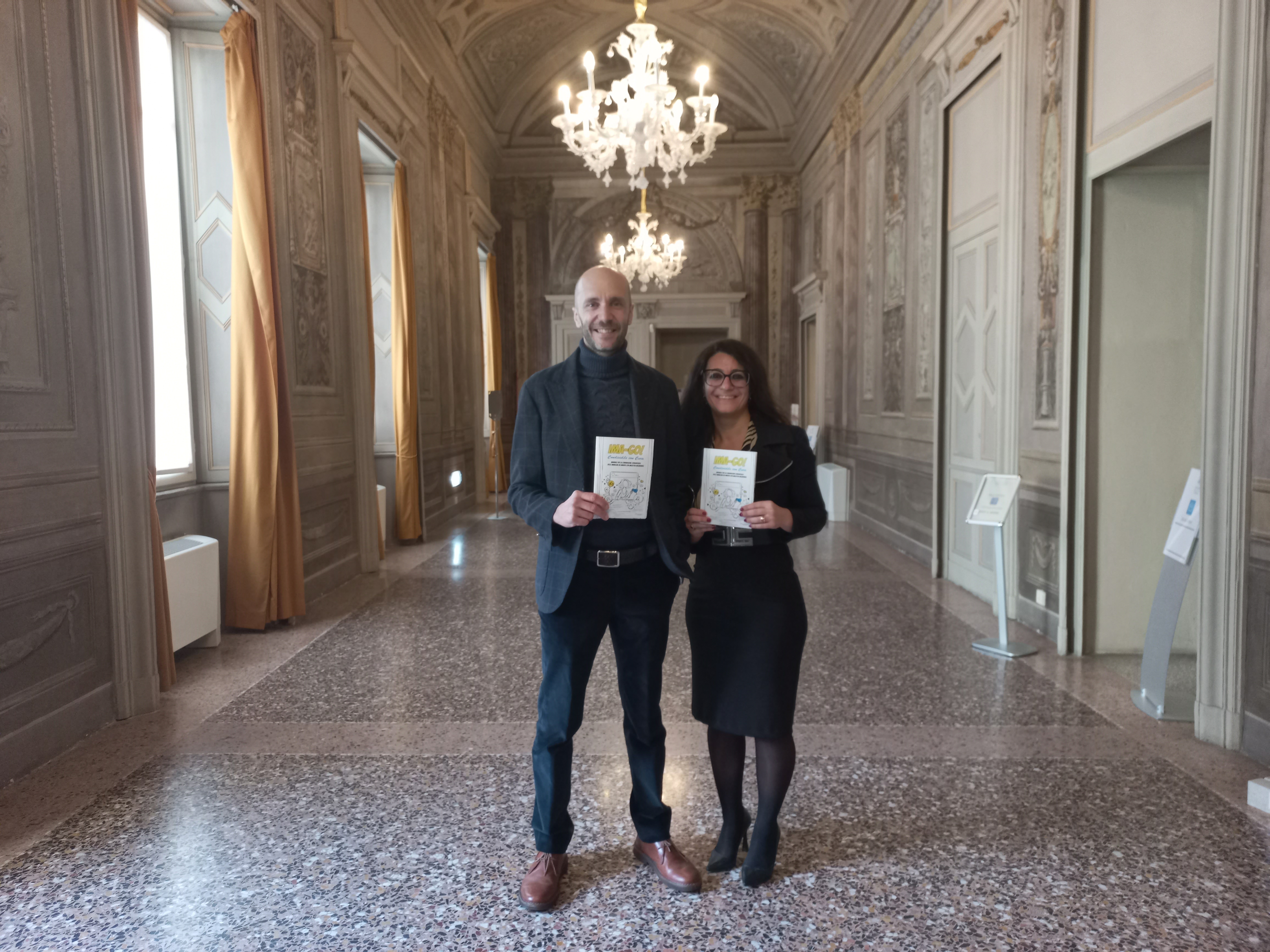On the occasion of the last National Congress of the Italian Society of Palliative Care (SICP), the Maruzza Foundation presented IMA-GO, il primo Manuale per una condivisione consapevole delle immagini dei minori affetti da patologie gravi o inguaribili, made by Simona Cacace and Matteo Asti (Osservatorio di Biodiritto - Department of Law of the University of Brescia), members of the Technical-Scientific Committee of the Foundation.
The Manual contains three decalogues, aimed respectively at parents, healthcare professionals and institutions, with the aim of helping families and professionals to gain awareness and make informed decisions regarding sharing photographs and other content regarding the children entrusted to them on the web.
Photographs and videos of children with chronic illnesses and disabilities are increasingly found on social media platforms. Sometimes it is institutions that use them, to promote awareness and fundraising campaigns; other times healthcare professionals, for both work and personal narrative needs; above all, it is parents, to tell their daily lives, find support or stimulate greater knowledge and sensitivity regarding their stories.
The phenomenon of sharenting, or the sharing of photographs and videos of minors by their parents in the digital environment, has been the subject of particular attention in recent years, due to the risks to the privacy, safety, well-being and dignity of the children involved. However, when it comes to images of a sick child, this even more pressing need for protection must be reconciled with the pursuit of broader social objectives, in terms of awareness and inclusion, as well as with the need for families to find help and comfort.
However, we must ask ourselves how these children will feel, once they become teenagers, when faced with sharing the details of their illness. Even in cases where they will never be aware of it, this question nevertheless remains and leads us to deploy skills in the legal, social, health and communication fields in order to seek adequate answers to protect the digital identity of all minors and, in particular, the most fragile among them.


